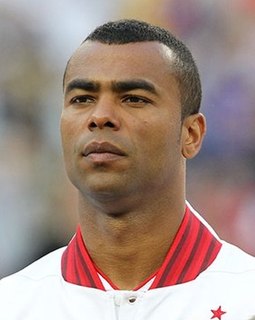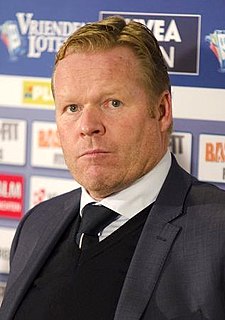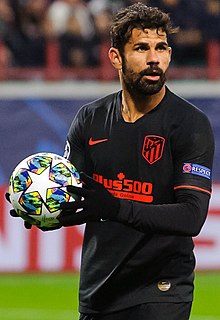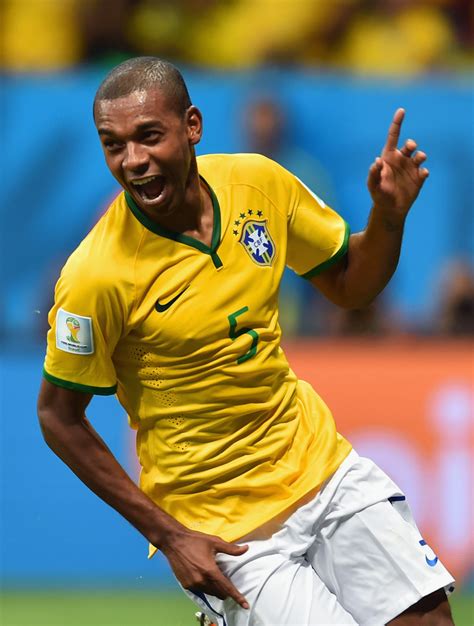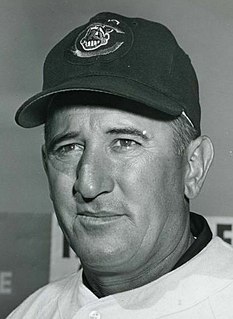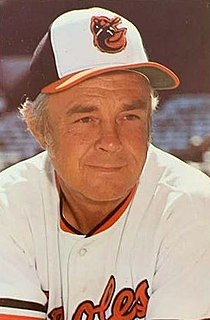A Quote by Paul DePodesta
It's up to a manager to understand his players.
Quote Topics
Related Quotes
Baseball is a simple game. If you have good players, and you keep them in the right frame of mind, the manager is a success. The players make the manager. It's never the other way. Managing is not running, hitting, or stealing. Managing is getting your players to put out one hundred percent year after year. A player does not have to like a manager and he does not have to respect a manager. All he has to do is obey the rules. Talent is one thing. Being able to go from spring to October is another. You just got caught in a position where you have no position.
That is what it is like with Pep. At first, you don't understand. But then you grow up, you work, and now we understand the things he wants much better. It's not like the first season when it took him more time to make us understand his ideas. Some players didn't understand immediately what he wanted.
There was no better manager at developing young players than Sir Alex. He knew just when to bring them in and take them out, and he believed in Paul Pogba. For once, in Paul's case, it did not work out. The timing was wrong, and the difference between expectation on the player's side and the manager's idea of his development did not match up.
Every manager is different in one way or another, but what stays the same is coaching Barcelona players - players who want the ball, who want to be protagonists on the field - so each manager who's been here has been able to take advantage of that, and, luckily, I feel we've become more complete because of it.
The manager administers; the leader innovates. The manager has a short-range view; the leader has a long-range perspective. The manager asks how and when; the leader asks what and why. The manager has his eye on the bottom line; the leader has his eye on the horizon. The manager accepts the status quo; the leader challenges it.




